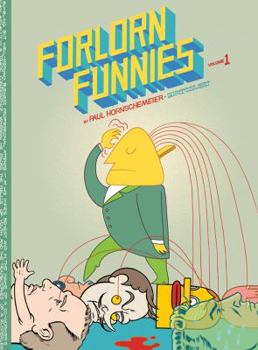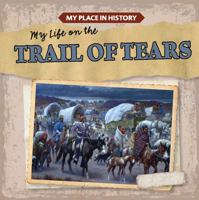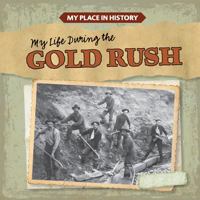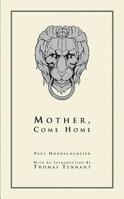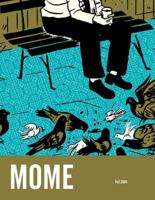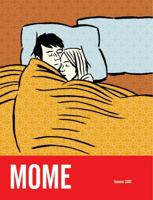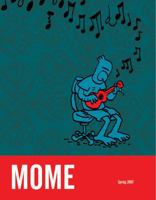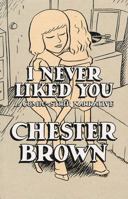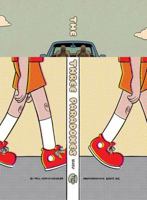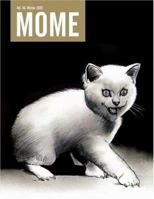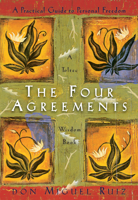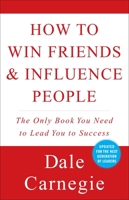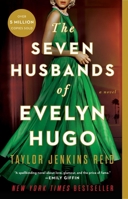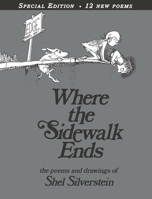Forlorn Funnies Vol. 1
Select Format
Select Condition 
Book Overview
From the travails of the North American white-collar bald spot, to blade-wielding ghost stalkers, to the flippant urine of aristocracy, Forlorn Funnies Vol. 1 wrangles the disparate inhabitants of one skull: that of acclaimed cartoonist Paul Hornschemeier. Our principal concern of this volume, "Obvious Amenities," is Act One in the story of Edward Molson, salesman. After the osprey-induced death of a coworker, Molson is thrust into a cross-country speaking engagement, a chance to revisit youthful diversions, and a potential extra-marital love affair. But for now, he must walk his wife's dog. Again. The prose offering for this inaugural issue, "The Maintenance," joins school custodian Morris Abbey on his rounds through the halls and lives of Grantswood Jr. /Sr. High School. Morris repairs and cleans the damages and detritus the student body inflicts on his building, but one student, Beatrice Dobbs, causes him concern when she takes notice of his secret habit. When the world's gravity is being consumed by a massive beast, there is only one sweater-clad über man willing to cast aside his ice cream and tackle the problem: Captain All. In a bizarre fusion of science fiction and the subconscious that recalls the psychosis and sexual undercurrents of Fletcher Hanks and early pioneers of comic book heroes, Captain All is pulled by strange forces to manifest his uncomfortable, if effective, set of powers. Science fiction to surrealism, psychedelic parables to the modern quotidian. These stories, in concert with shorter experiments and gags, all squeeze themselves between the covers of this first volume of Forlorn Funnies , an ongoing collection of books that promises to be equal parts unpredictable and enthralling.
Format:Paperback
Language:English
ISBN:1606993852
ISBN13:9781606993859
Release Date:April 2012
Publisher:Fantagraphics Books
Length:48 Pages
Dimensions:7.5" x 10.0"
You Might Also Enjoy
Customer Reviews
7 customer ratings | 4 reviews
There are currently no reviews. Be the first to review this work.











